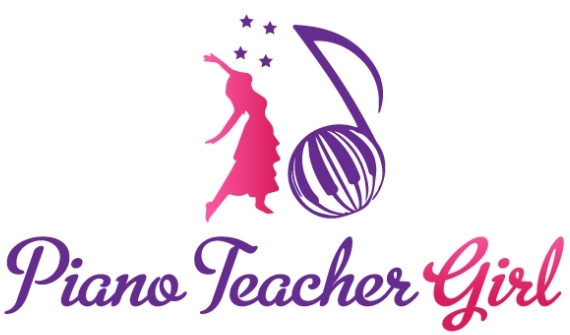Every June 21, World Music Day, also called the Fête de la Musique, is celebrated around the world. The festival, which originated in Paris, France in 1981, speaks to the musician in all of us; all musicians, young and old, novice and expert, are encouraged to take their craft public for all to experience.
It's the perfect time to reflect on just what music can do for us. We know that brings joy, fosters community, and tells cultural stories; what's easier to miss is that studying, playing, and even hearing music can have a positive impact on human development.
Here are but a few of the beneficial non-musical outcomes of music education:
Higher grades in several subjects: Learning about music can improve their scores outside of the classroom, with studies indicating possible improvements in math, science, history, and English grades for children who've had instrumental training.
A boost to standardized test scores: Standardized tests, which states use to measure the aptitude of individual students and overall efficacy of schools, can be stressful for some children. Childhood musical study has been linked to a raise in scores on these tests.
Better emotional self-control: Managing difficult feelings like anxiety and anger can be difficult at any age, but engagement in music education during childhood has been linked with early maturation of a portion of the brain which contributes to emotional regulation. Additional studies have also demonstrated that children with aggressive behavioral issues are likely to see a reduction in aggression through musical education.
Surprised? You're not alone -- and these are just the tip of the iceberg. This visualization is an enlightening combo of music education benefits and the scientific studies that vet them, so take a peek to learn even more.

